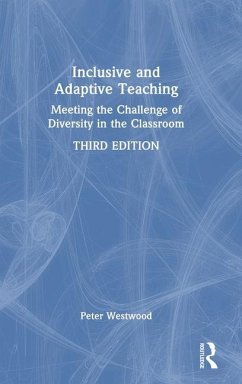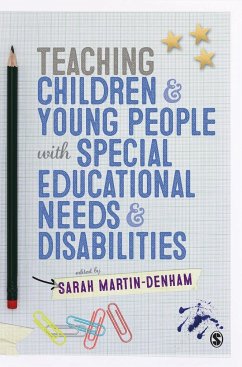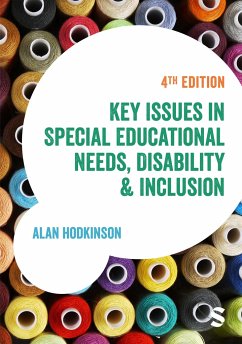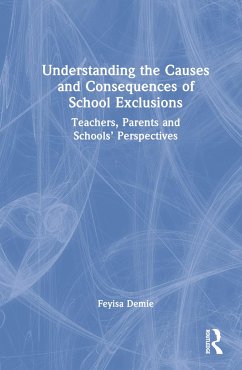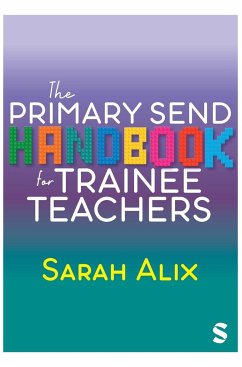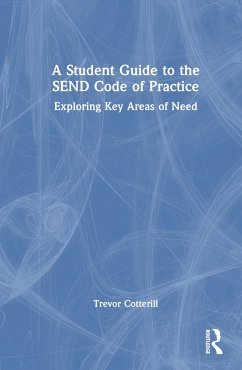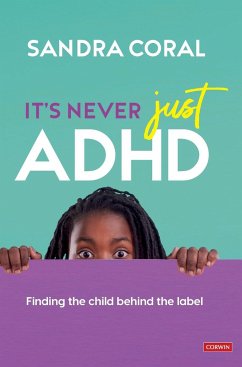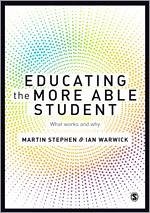
Educating the More Able Student
Versandkostenfrei!
Versandfertig in 1-2 Wochen
136,99 €
inkl. MwSt.
Weitere Ausgaben:

PAYBACK Punkte
68 °P sammeln!
An unprecedented collaboration between leading names from the independent and state sectors, this thought-provoking book addresses the current crisis in education for the most able. Grounded in the classroom, the authors draw on their own first-hand experiences and international research to scrutinise techniques and practices from leading countries, exploring the more divisive issues that have damaged teaching worldwide. Demonstrating what works well in teaching the most able, and also what does not work, the book offers a radical solution, a stimulus to thought and a way forward for teachers,...
An unprecedented collaboration between leading names from the independent and state sectors, this thought-provoking book addresses the current crisis in education for the most able. Grounded in the classroom, the authors draw on their own first-hand experiences and international research to scrutinise techniques and practices from leading countries, exploring the more divisive issues that have damaged teaching worldwide. Demonstrating what works well in teaching the most able, and also what does not work, the book offers a radical solution, a stimulus to thought and a way forward for teachers, academics and all those with responsibility for ensuring high standards in education, including governments and members of regulatory authorities. Considering it for your course reading list?





